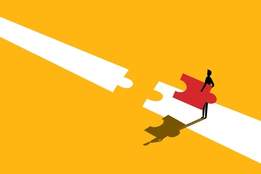coward
noun
cow·ard
ˈkau̇(-ə)rd 

: one who shows disgraceful fear or timidity
a coward who deserted his troops
coward
adjective
Love words? Need even more definitions?
Merriam-Webster unabridged









